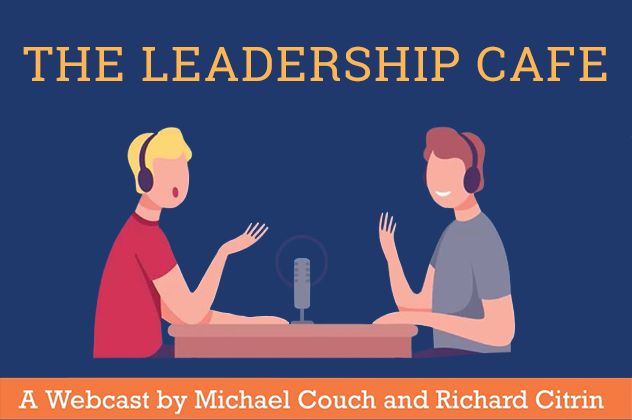I played golf this past weekend and had a not-so-good front nine. I decided to put my yellow Titleist golf ball away and hit a new white Calloway for the back nine. Guess what? I shot better on the back than on the front. That settles it, the Golf Gods like Calloway better
A baseball player consistently laces up his left shoe first and then his right. A sales leader started referring to her client with his initials, and he inks a deal. Now she only uses that moniker to describe him. Navy sailors don’t wash their coffee mugs unless they want the Roman God, Neptune, to claim their ship to the sea. Nurses and physicians expect a busier ER during times of the full moon.
While we all recognize that superstitions may be irrational, we all partake in them. Over a third of surveyed workers report performing superstitious rituals daily. It may be crossing our fingers for good luck, arranging our office to meet the Feng Shui energy flow, or staying home on Friday the 13th.
Superstitions affect how we address our stress and, thus, our resilience. At times, it seems that we may not have the resources to manage our challenges and our ability to call on a power beyond ourselves can be comforting, reassuring, and helpful in seeing that we may not have all the necessary resources. For some, it may be religious icon, for others, it can be a force as powerful as Luke Skywalker’s, or maybe a deceased relative watching over us.
Researchers identified that even though we may know that our thinking is a bit irrational, we let that thought go because the “belief” helps decrease some anxiety about the unknown and give us an easier path than trying to “think our way” through it. Superstitions go back to the beginning of time as a way of understanding aspects of our world we can’t explain.
Superstitions may even go beyond anxiety relief to create a new sense of confidence that we’ve found a simple answer to a more complex issue. That confidence can take us a long way to believing in our capabilities, something that builds our resilience.
I’ll be teeing off with a Calloway next week, but I will keep a fresh sleeve of Titleist in my bag just in case the Golf Gods change their mind.
Leadership Café
Mark Lightowler. Ph.D. is CEO of Phorix Group, with headquarters in London and France. Mark and Phorix are on the cutting edge of technology and are using the Metaverse to explore how people make behavior changes. His company addresses issues like loneliness and belonging, risk-taking in organizations, and how organizations can use their vulnerability to grow successfully. Join us to take a glimpse of the future
© Richard Citrin 2022
